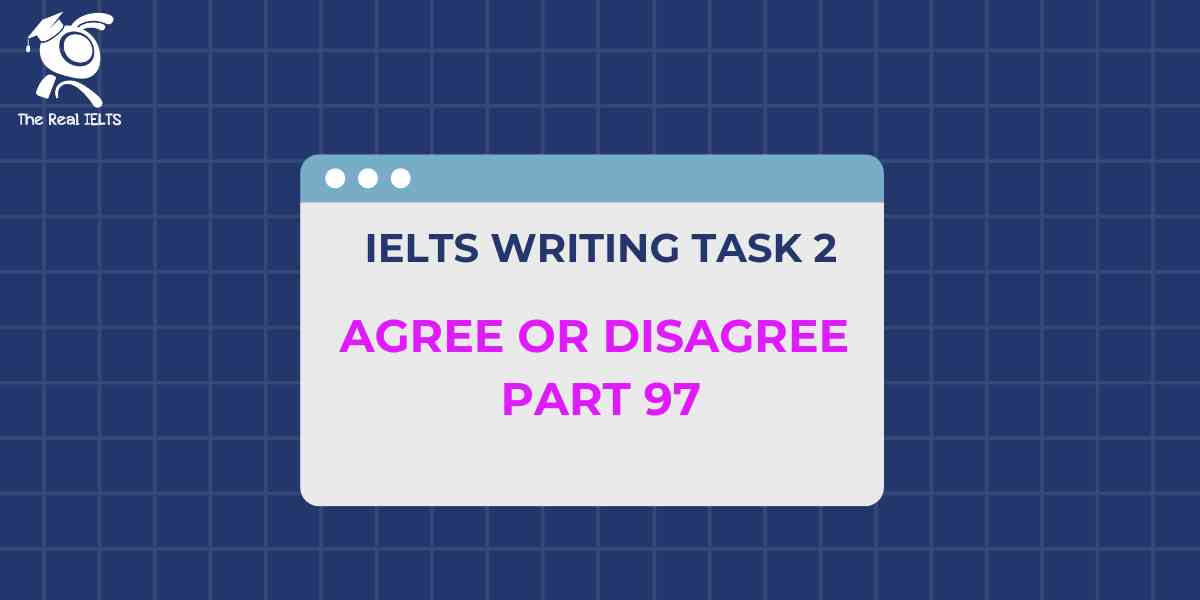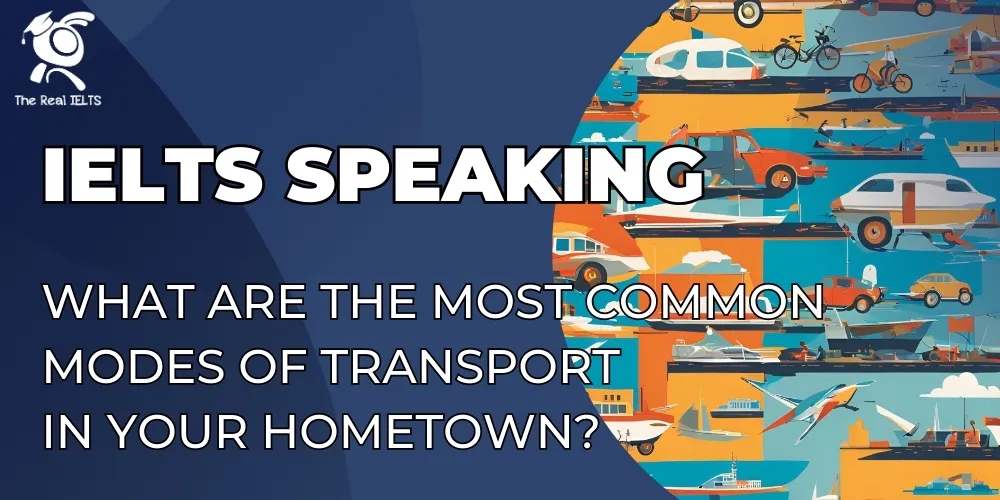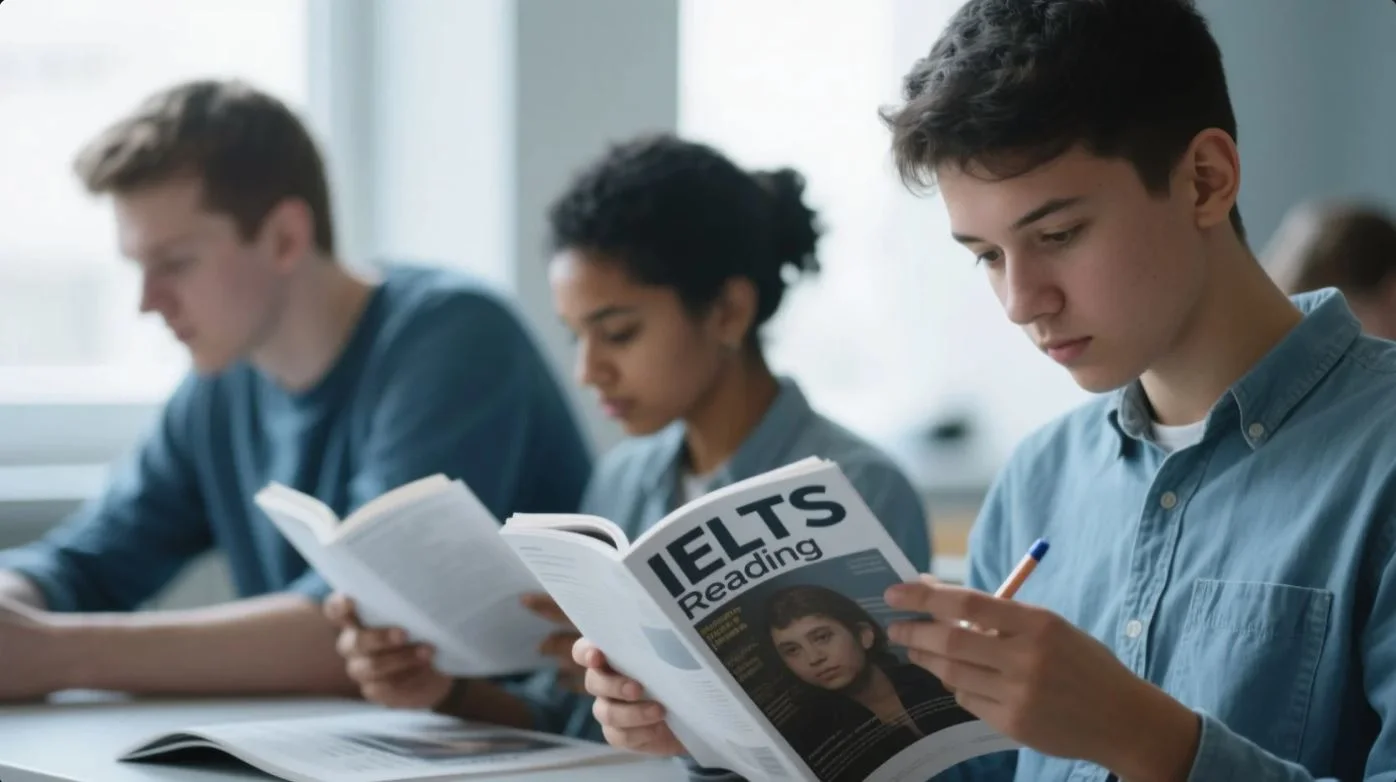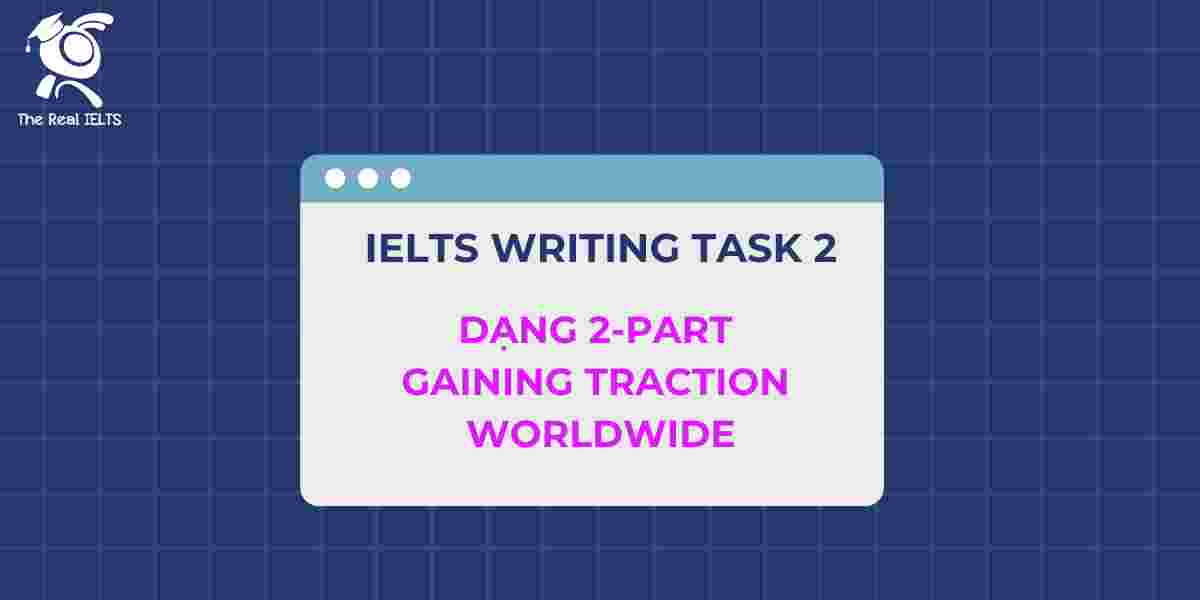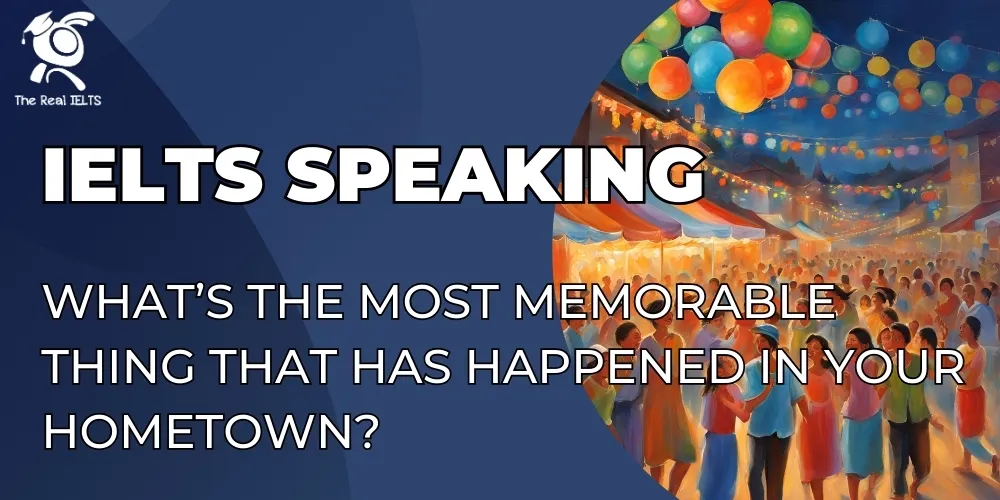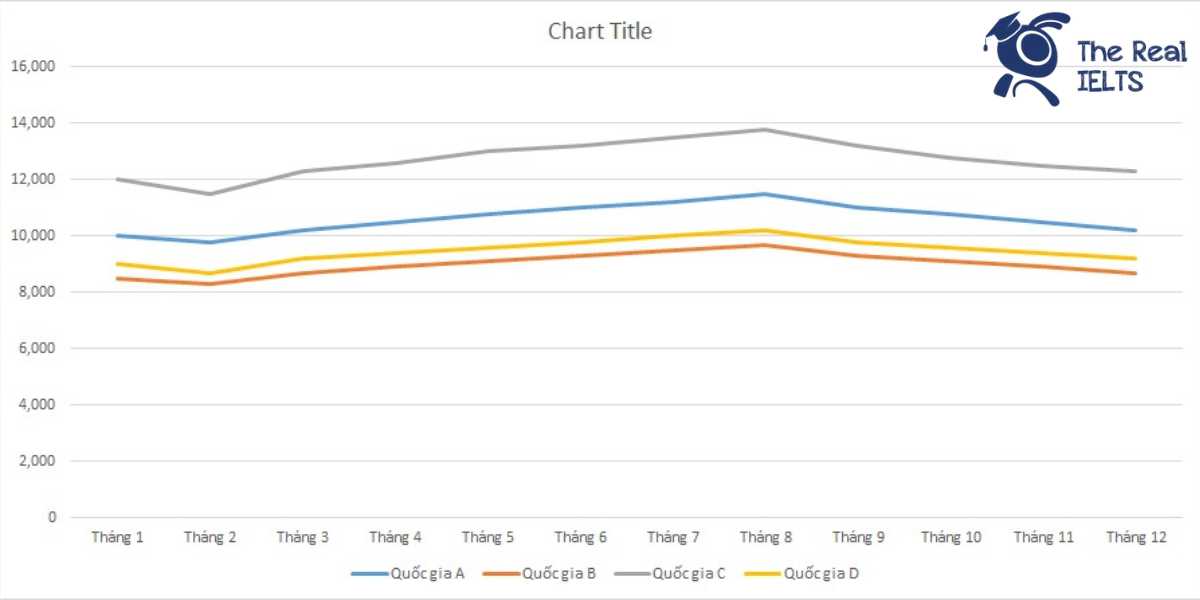Đề bài IELTS Writing Task 2 dạng Agree or Disagree Part 97
You should spend about 40 minutes on this task
The media has too much influence on public opinion. To what extent do you agree or disagree?
Write at least 250 words.
Giải mẫu IELTS Writing
In the contemporary world, media plays a pivotal role in shaping public opinion. Some argue that the media wields excessive influence, potentially manipulating public perceptions and decisions. I partially agree with this notion, acknowledging the significant power of the media while also recognizing the public’s capacity for critical thinking.
Firstly, it is undeniable that the media has a profound impact on public opinion. Through television, newspapers, social media, and other platforms, the media has the ability to disseminate information rapidly and widely. This influence can be seen in various aspects of society, from politics to consumer behavior. For example, media coverage during election campaigns can significantly sway voters’ opinions, often determining the outcome. Sensational headlines and biased reporting can create a skewed perception of reality, leading people to form opinions based on incomplete or manipulated information.
Moreover, the media often sets the agenda by highlighting specific issues while neglecting others. This selective coverage can lead to a distorted public understanding of what is important. For instance, constant reporting on crime can create an exaggerated sense of fear and insecurity among the public, even if crime rates are actually declining. Similarly, the media‘s focus on celebrity culture and trivial matters can distract people from more pressing issues like climate change or economic inequality.
However, it is important to acknowledge that the influence of the media is not absolute. In an age where information is readily accessible, individuals have the opportunity to seek out diverse perspectives and verify facts. Critical thinking and media literacy are essential skills that enable people to analyze and evaluate the information they receive. Educated and discerning individuals can resist media manipulation by cross-referencing multiple sources and considering alternative viewpoints. Additionally, the rise of independent journalism provides a counterbalance to mainstream media, offering a broader spectrum of information and opinions.
Furthermore, regulatory bodies and ethical journalism standards play a crucial role in mitigating the negative impacts of media influence. Codes of conduct and accountability measures can ensure that media outlets provide accurate, fair, and balanced reporting. Public awareness and advocacy for media reform can also drive improvements in media practices, fostering a more informed and discerning society.
In conclusion, while the media undoubtedly holds significant sway over public opinion, this influence is not unchecked. The public’s ability to think critically, access diverse information sources, and demand ethical journalism can counterbalance media manipulation. Therefore, it is essential to promote media literacy and support independent journalism to ensure that the media serves as a tool for informed decision-making rather than a vehicle for undue influence.
Thống kê cấu trúc câu và cấu trúc ngữ pháp:
- Câu phức hợp (Complex sentences):
- “In the contemporary world, media plays a pivotal role in shaping public opinion.”
- “Some argue that the media wields excessive influence, potentially manipulating public perceptions and decisions.”
- “For example, media coverage during election campaigns can significantly sway voters’ opinions, often determining the outcome.”
- “Sensational headlines and biased reporting can create a skewed perception of reality, leading people to form opinions based on incomplete or manipulated information.”
- “For instance, constant reporting on crime can create an exaggerated sense of fear and insecurity among the public, even if crime rates are actually declining.”
- “Similarly, the media’s focus on celebrity culture and trivial matters can distract people from more pressing issues like climate change or economic inequality.”
- “Educated and discerning individuals can resist media manipulation by cross-referencing multiple sources and considering alternative viewpoints.”
- “Therefore, it is essential to promote media literacy and support independent journalism to ensure that the media serves as a tool for informed decision-making rather than a vehicle for undue influence.”
- Câu ghép (Compound sentences):
- “I partially agree with this notion, acknowledging the significant power of the media while also recognizing the public’s capacity for critical thinking.”
- “Moreover, the media often sets the agenda by highlighting specific issues while neglecting others.”
- “Critical thinking and media literacy are essential skills that enable people to analyze and evaluate the information they receive.”
- “Codes of conduct and accountability measures can ensure that media outlets provide accurate, fair, and balanced reporting.”
- Câu đơn (Simple sentences):
- “Firstly, it is undeniable that the media has a profound impact on public opinion.”
- “This influence can be seen in various aspects of society, from politics to consumer behavior.”
- “This selective coverage can lead to a distorted public understanding of what is important.”
- “In conclusion, while the media undoubtedly holds significant sway over public opinion, this influence is not unchecked.”
- Mệnh đề quan hệ (Relative clauses):
- “The public’s ability to think critically, access diverse information sources, and demand ethical journalism can counterbalance media manipulation.”
- Mệnh đề trạng ngữ (Adverbial clauses):
- “Even if crime rates are actually declining.”
- “When media outlets provide accurate, fair, and balanced reporting.”
Liệt kê các từ kết nối (connectors) các câu và các đoạn:
- Firstly – dùng để mở đầu đoạn thứ hai, giới thiệu lập luận đầu tiên.
- For example – dùng để đưa ra ví dụ cụ thể minh họa cho luận điểm trước đó.
- Moreover – dùng để thêm thông tin bổ sung vào luận điểm đã nêu.
- For instance – dùng để đưa ra ví dụ cụ thể khác minh họa cho luận điểm.
- Similarly – dùng để so sánh và tiếp nối ý tưởng từ ví dụ trước đó.
- However – dùng để chuyển đổi ý tưởng, trình bày một quan điểm đối lập hoặc bổ sung.
- Additionally – dùng để thêm vào một luận điểm bổ sung.
- Furthermore – dùng để thêm vào thông tin hỗ trợ luận điểm trước đó.
- Therefore – dùng để trình bày kết luận hoặc hệ quả của các luận điểm trước đó.
- In conclusion – dùng để bắt đầu đoạn kết luận, tóm tắt lại các luận điểm đã nêu.
Các từ vựng tiếng Anh cần lưu ý trong bài viết
- Contemporary world – Thế giới đương đại
- Pivotal role – Vai trò then chốt
- Shaping public opinion – Định hình dư luận
- Excessive influence – Ảnh hưởng quá mức
- Manipulating public perceptions – Thao túng nhận thức công chúng
- Disseminate information – Phổ biến thông tin
- Significant power – Sức mạnh đáng kể
- Consumer behavior – Hành vi tiêu dùng
- Election campaigns – Chiến dịch bầu cử
- Sway voters’ opinions – Làm lung lay ý kiến của cử tri
- Sensational headlines – Tiêu đề giật gân
- Biased reporting – Báo cáo thiên vị
- Skewed perception of reality – Nhận thức méo mó về thực tế
- Selective coverage – Sự đưa tin có chọn lọc
- Distorted public understanding – Hiểu biết công chúng bị bóp méo
- Exaggerated sense of fear – Cảm giác sợ hãi phóng đại
- Climate change – Biến đổi khí hậu
- Economic inequality – Bất bình đẳng kinh tế
- Critical thinking – Tư duy phản biện
- Media literacy – Hiểu biết về truyền thông
- Analyze and evaluate – Phân tích và đánh giá
- Cross-referencing multiple sources – Đối chiếu nhiều nguồn thông tin
- Alternative viewpoints – Quan điểm thay thế
- Independent journalism – Báo chí độc lập
- Mainstream media – Truyền thông chính thống
- Regulatory bodies – Cơ quan quản lý
- Ethical journalism standards – Tiêu chuẩn báo chí đạo đức
- Codes of conduct – Quy tắc ứng xử
- Accountability measures – Biện pháp trách nhiệm
- Fair and balanced reporting – Báo cáo công bằng và cân bằng
- Public awareness – Nhận thức cộng đồng
- Media reform – Cải cách truyền thông
- Informed decision-making – Ra quyết định có thông tin
Đọc thêm các bài Luyện Thi IELTS khác trong link nhé.


